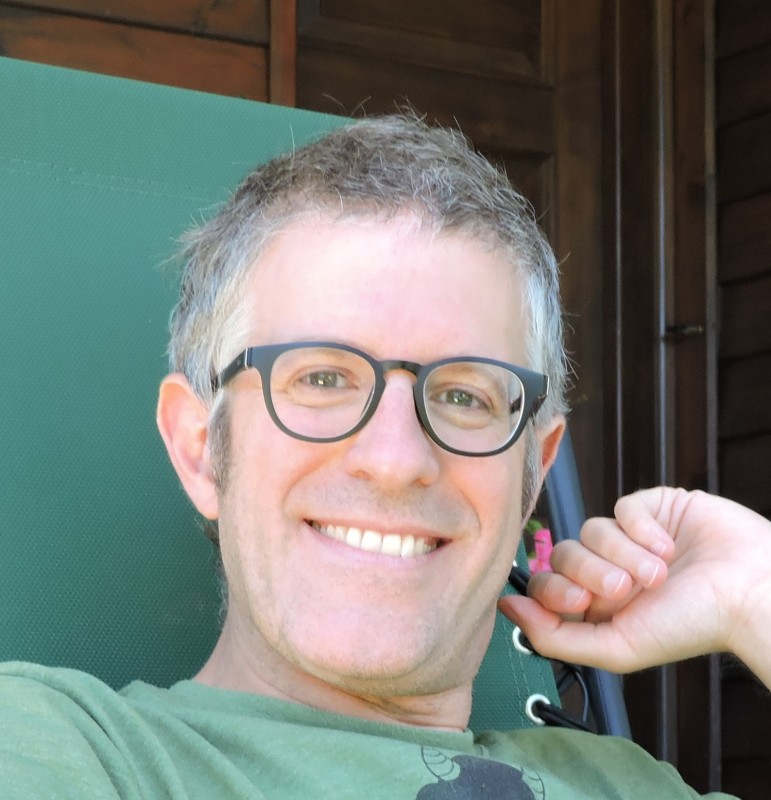KLI Colloquia are invited research talks of about an hour followed by 30 min discussion. The talks are held in English, open to the public, and offered in hybrid format.
Fall-Winter 2025-2026 KLI Colloquium Series
Join Zoom Meeting
https://us02web.zoom.us/j/5881861923?omn=85945744831
Meeting ID: 588 186 1923
25 Sept 2025 (Thurs) 3-4:30 PM CET
A Dynamic Canvas Model of Butterfly and Moth Color Patterns
Richard Gawne (Nevada State Museum)
14 Oct 2025 (Tues) 3-4:30 PM CET
Vienna, the Laboratory of Modernity
Richard Cockett (The Economist)
23 Oct 2025 (Thurs) 3-4:30 PM CET
How Darwinian is Darwinian Enough? The Case of Evolution and the Origins of Life
Ludo Schoenmakers (KLI)
6 Nov (Thurs) 3-4:30 PM CET
Common Knowledge Considered as Cause and Effect of Behavioral Modernity
Ronald Planer (University of Wollongong)
20 Nov (Thurs) 3-4:30 PM CET
Rates of Evolution, Time Scaling, and the Decoupling of Micro- and Macroevolution
Thomas Hansen (University of Oslo)
4 Dec (Thurs) 3-4:30 PM CET
Chance, Necessity, and the Evolution of Evolvability
Cristina Villegas (KLI)
8 Jan 2026 (Thurs) 3-4:30 PM CET
Embodied Rationality: Normative and Evolutionary Foundations
Enrico Petracca (KLI)
15 Jan 2026 (Thurs) 3-4:30 PM CET
On Experimental Models of Developmental Plasticity and Evolutionary Novelty
Patricia Beldade (Lisbon University)
29 Jan 2026 (Thurs) 3-4:30 PM CET
Jan Baedke (Ruhr University Bochum)
Event Details

Topic description / abstract:
The debate on biological individuality has usually been focused on the definition and characterization of evolutionary individuals. Addressing this topic has helped clarify the discussion about units of selection and the requirements for evolution by natural selection. Less attention has been paid to other kinds of individuality, among which the main alternative to evolution to ground biological individuality has been constituted by organismal physiology. As a consequence, non-evolutionary accounts of biological individuality are still underdeveloped in comparison to evolutionary ones. Where generalization has been attempted, criteria involved in physiology, metabolism, organisms, anatomy, and ecology all tend to get bundled up together with very few distinctions to be made about why they go together. This is especially evident in relation to interactive cases (i.e. host-microbe symbioses, microbe-microbe symbioses, colonies, etc.) that transcend the “traditional organism”. In this scenario, the need for precise accounts based on conceptual or theoretical criteria is therefore especially apparent.
This talk aims to fill this gap by proposing an account of physiological individuality based on the organizational framework, which focuses on how parts and processes are related and on the functional role they play in maintaining biological systems. The core idea is that looking at what types of functional interactions are realised within and between living systems can allow us to make theoretically grounded distinctions between different types of biological individuals and specify their distinctive boundaries.
Biographical note:
Leonardo Bich is a ‘Ramon y Cajal’ Researcher at the IAS-Research Centre of the University of the Basque Country (Spain). He obtained a PhD in Epistemology of Complex Systems from the University of Bergamo (Italy). He worked at the CNRS (France), at the Biology of Cognition Lab of the Universidad de Chile, and at the Center for Philosophy of Science of the University of Pittsburgh. His research is focused on theoretical and epistemological issues related to biological organisation, autonomy, and control and on their implications for investigations in Origins of Life, Synthetic and Systems Biology, and Theoretical Biology.


